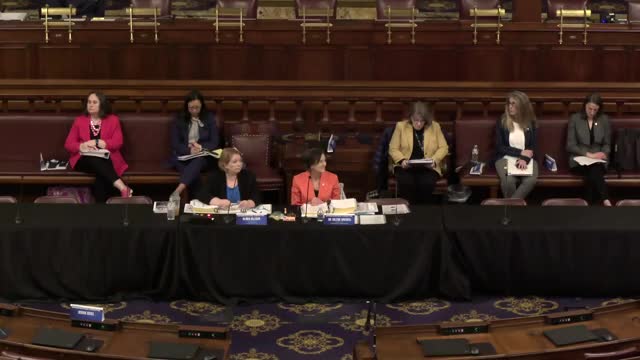Article not found
This article is no longer available. But don't worry—we've gathered other articles that discuss the same topic.
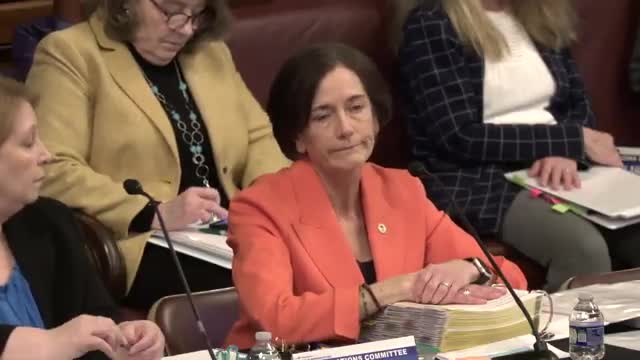
State describes rise in EBT thefts, outlines chip-card plan and short-term limits on replacements
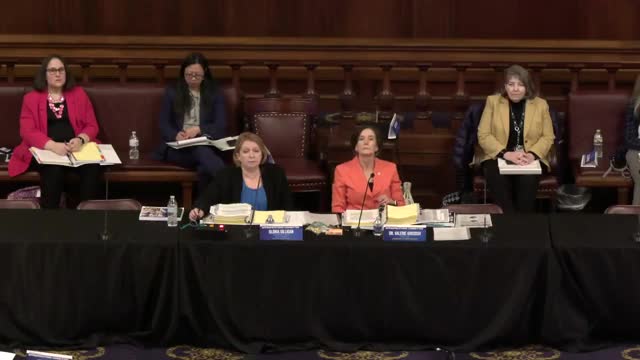
DHS reports expanded capacity for adjudicated youth after Philadelphia surge; new treatment unit opening
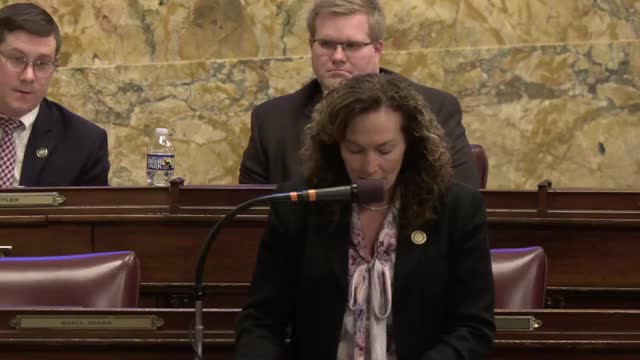
DHS cites 19% drop in adult emergency ID waiting list, describes housing pilot and performance-based contracting
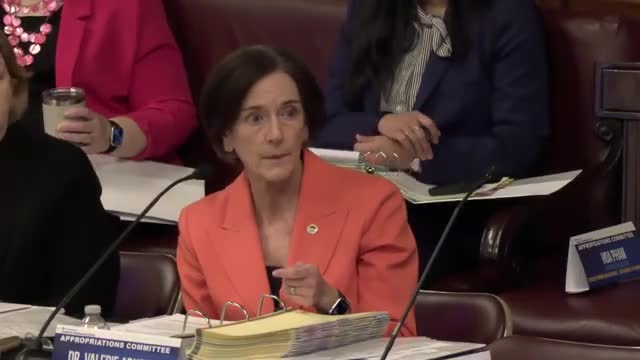
DHS warns CMS staffing rule will strain rural nursing homes, asks for flexibility
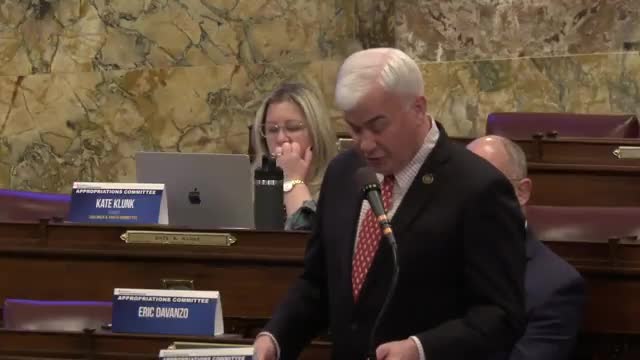
DHS outlines plan to stabilize rural hospitals, says $10 million could federalize to $37.7 million
